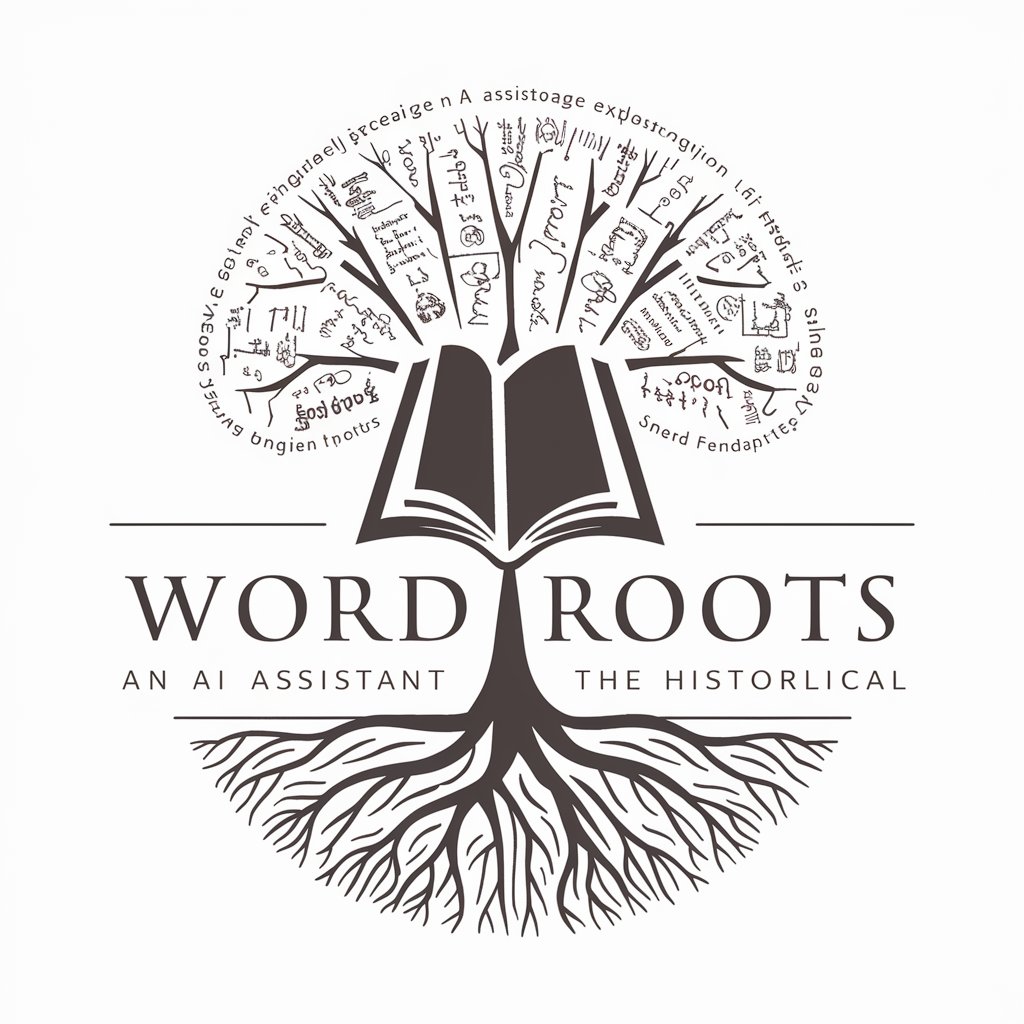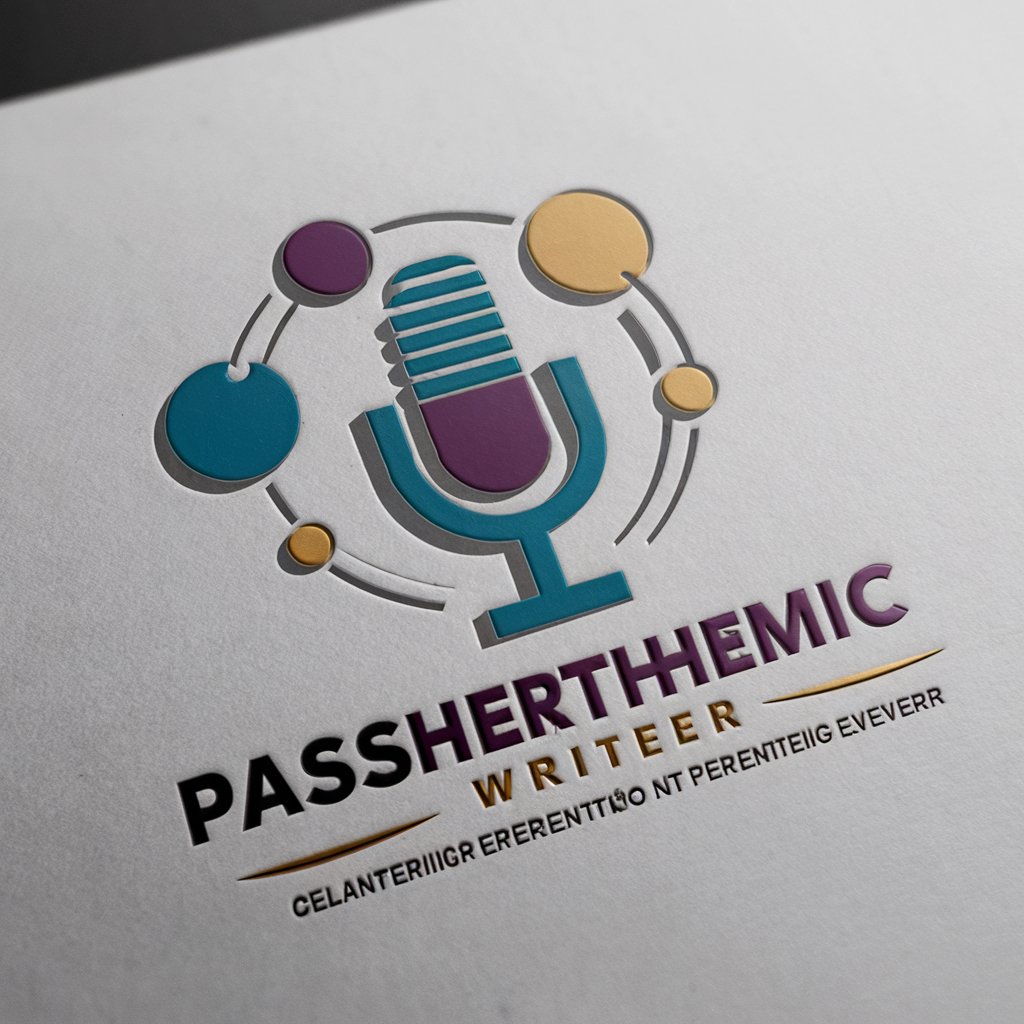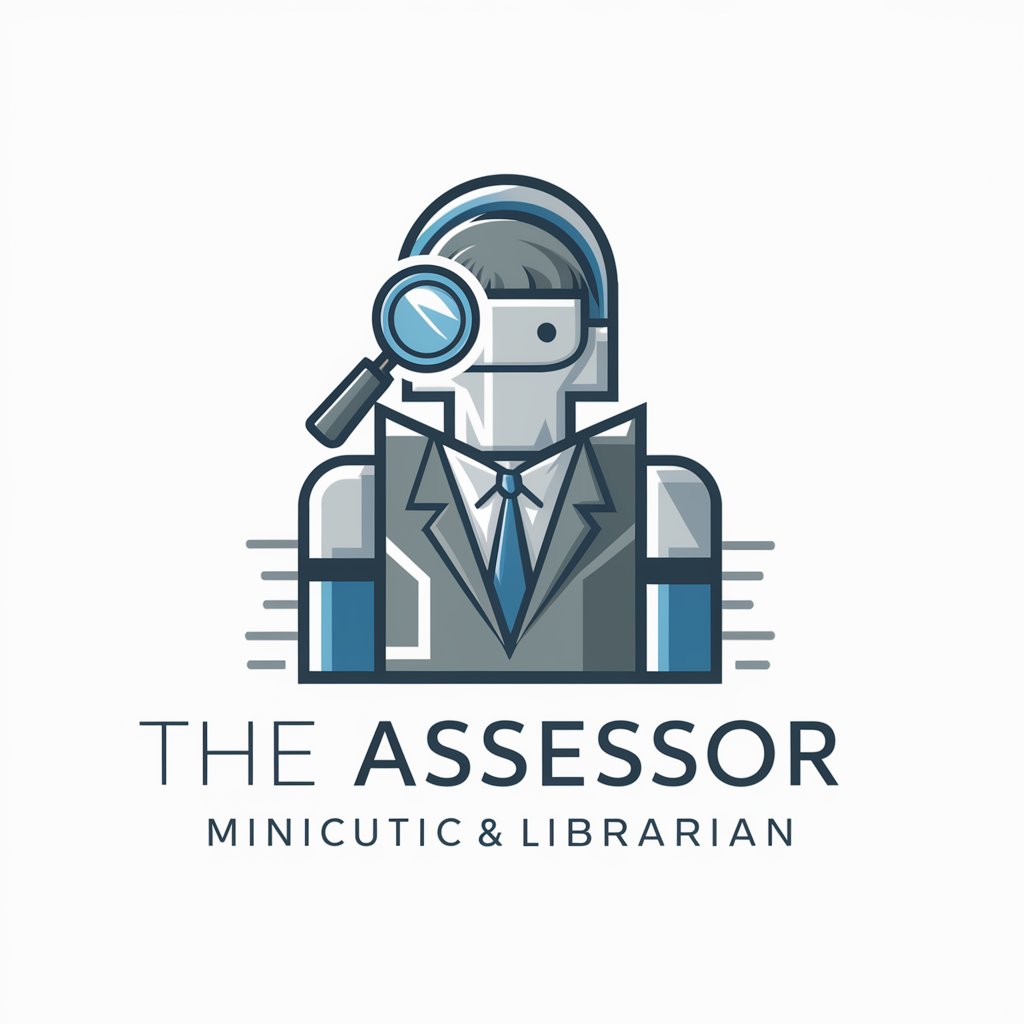Word Roots - Etymology Exploration Tool

Welcome! Let's explore the fascinating origins of words together.
Unravel Language with AI
Explain the etymology of the word
What is the historical origin of the term
Can you provide the linguistic background of
I’m curious about the origin of the word
Get Embed Code
Overview of Word Roots
Word Roots is designed as a specialized linguistic tool aimed at deepening users' understanding of etymology, which is the study of the origin of words and how their meanings have evolved over time. This tool provides detailed analyses of word origins, tracing their historical developments and linguistic transformations. By offering insights into the roots of words from various languages, including but not limited to Latin, Greek, and Germanic origins, Word Roots helps illuminate the interconnectedness of languages and enhances vocabulary comprehension. An example of its utility can be seen in exploring the word 'etymology' itself, derived from the Greek words 'etymon', meaning 'true sense', and 'logia', meaning 'study of', thereby reflecting its function of studying the true meaning of words. Powered by ChatGPT-4o。

Core Functions of Word Roots
Etymological Analysis
Example
Analyzing the word 'decimate', which originally comes from Latin 'decimatus', the past participle of 'decimare', meaning 'to take a tenth'. This function would explain how 'decimate' transitioned from a specific historical context of removing a tenth part, typically in punishing Roman armies, to its modern usage indicating extensive destruction.
Scenario
Useful in academic settings, such as universities where students of linguistics or history examine the evolution of language in historical contexts.
Comparative Linguistics
Example
Exploring the word 'mother', which is derived from Proto-Indo-European '*méh₂tēr'. This function would compare its cognates in various Indo-European languages such as 'māter' in Latin, 'mātā' in Sanskrit, and 'Mutter' in German, highlighting the phonetic and semantic shifts over millennia.
Scenario
Helpful for authors or researchers engaged in comparative language studies or those writing about the cultural aspects of language.
Target User Groups for Word Roots
Linguistics Students
Students studying linguistics or related fields can utilize Word Roots to enhance their academic research and understanding of language evolution. The detailed analyses of word histories enrich their theoretical knowledge and practical application in semantic studies.
Writers and Educators
Authors, particularly those involved in historical or culturally rich narratives, and educators who wish to provide depth in language instruction, benefit from understanding word origins to convey precise meanings and cultural contexts in their works or teachings.
Curious Minds and Language Enthusiasts
Individuals with a keen interest in language, history, or both, who are eager to explore the roots and evolution of the words they use daily. Word Roots serves as a bridge to connect them with the linguistic and historical contexts of their vocabulary.

Guidelines for Using Word Roots
1
Begin your journey by accessing yeschat.ai for an immediate, no-sign-up trial; no subscription to ChatGPT Plus necessary.
2
Identify a word or phrase whose origin or etymological background intrigues you, and input this into the interface.
3
Review the detailed etymological breakdown provided, which includes historical context, linguistic evolution, and related words.
4
Utilize the insights gained to enhance your understanding of language, enrich academic research, or improve your language learning.
5
Explore further by comparing the roots of similar words or examining how different languages have influenced each other etymologically.
Try other advanced and practical GPTs
ELECTIONgpt
Empowering Voters with AI-driven Insights

Cordial Coach
Enhance Your Communication with AI

Cordula Comicfee
Crafting Kid-Friendly Comics with AI

Rückenmark Gesundheitsberater
Empowering spinal injury management through AI

Magic Conch
Random answers, whimsical guidance.

Video Game Dev Phenom
Empowering Creativity in Game Development

File Namer
Name Files Smartly with AI

File Converter
Effortlessly convert files with AI-powered precision.

Business Plan Advisor
Sharpen Your Business Strategy with AI

PassHerTheMic
Empowering Women's Voices in Professional Settings

Nailist
Nail Art, Redefined by AI

The Assessor
Empowering Innovation with AI Analysis

Frequently Asked Questions About Word Roots
What exactly does Word Roots do?
Word Roots is a specialized tool designed to provide users with detailed etymological analysis of words, tracing their historical origins and linguistic development.
Can Word Roots help with learning new languages?
Absolutely. Understanding the roots of words can provide insights into the structure and vocabulary of related languages, aiding in easier acquisition and retention of new languages.
How accurate is the etymological information provided by Word Roots?
Word Roots uses a comprehensive database of linguistic resources to ensure that the etymological information it provides is accurate and reflects the latest scholarly research.
Is Word Roots suitable for academic research?
Yes, scholars and students alike use Word Roots for rigorous academic research, as it offers detailed, citation-worthy etymological explanations that enhance scholarly works.
Does Word Roots cover words from all languages?
While Word Roots focuses primarily on English and its direct linguistic influences, it also provides information on words borrowed from a wide array of other languages.
